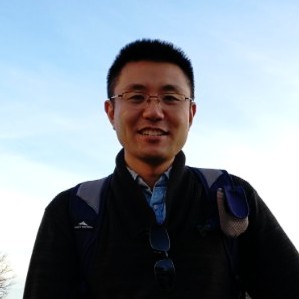“Applied Quantum Engineering: Quantum Transduction & Quantum Sensing”
Friday, Feb. 2 at 1:00 pm
LAR 234
Add to Calendar
Abstract
The rapid development of quantum information sciences calls for innovative methods to engineer quantum systems. Recently, quantum transduction has attracted growing attention from the community. The ability of transforming quantum states over heterogeneous physical platforms is recognized as crucial to scalable quantum information processing and communication. As an example, microwave systems such as superconducting qubits serve as excellent platforms for quantum information processing whilst optical systems have greater advantages in long-distance quantum communications; therefore, combining their individual strengths can immediately aid in tough tasks such as distributive, scalable fault-tolerant quantum computing. In the first part of this talk, we introduce various schemes for transferring quantum states between heterogeneous quantum systems (i.e., quantum transduction) and discuss their advantages and drawbacks; we also explain how some of our ideas for quantum transduction evolve into a unified and general scheme for hybrid quantum engineering, which offers flexible quantum control far beyond quantum state transfer. In the second part, we discuss the possibility of enhancing sensing using quantum technologies, which can offer immense benefits for dark matter detection, gravitational wave detection, etc., where the sensing precision is significantly limited by the quantum fluctuations. We demonstrate how quantum Fisher information can be applied to characterizing and enhancing sensors utilizing a novel physical phenomenon—exceptional points (EP). We discuss the Gaussian quantum model which has led to heated debate about the benefits of EP in terms of enhancing sensing, and the full non-Gaussian quantum model where an unexpected relationship between the quantum Fisher information and the excited photon numbers is identified.
Biography
Dr. Zhang works on quantum engineering, quantum information, quantum optics, and non-hermitian physics. He obtained his PhD degree in Physics from Yale university in 2020. Since then, he has been a post-doctoral scholar working on quantum engineering in the University of Chicago.

